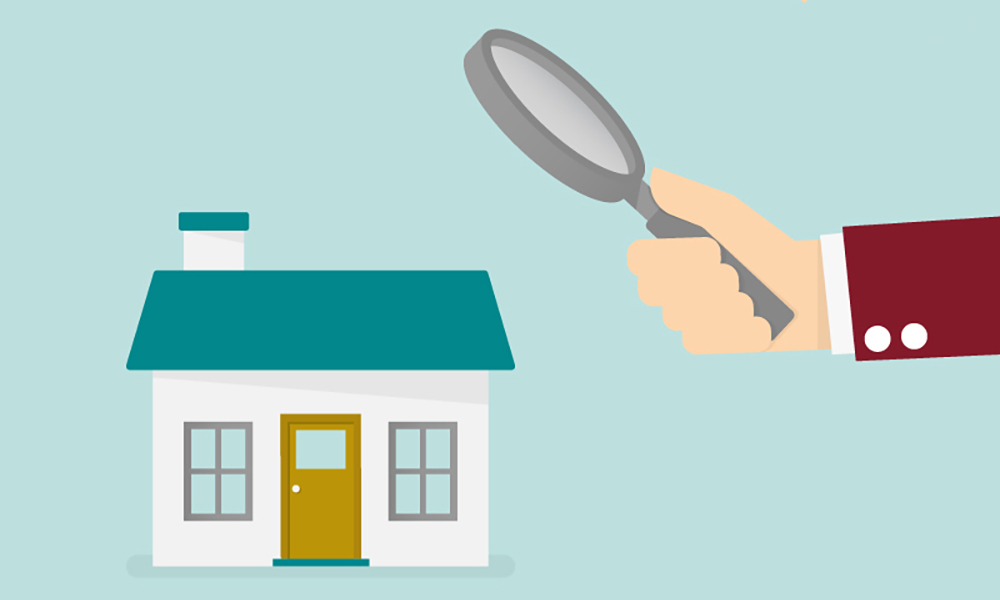Buying a home is a monumental step, and guaranteeing its top-notch condition is crucial for a sound investment. Enter the home inspection—an invaluable process in the realm of real estate. It's a comprehensive assessment providing buyers with essential insights into a property's potential issues. Let's dive into the home inspection process in Virginia Beach, Chesapeake, and Norfolk, unveiling its significance and its role in steering informed decisions.
**Setting the Inspection Stage:**
Once your offer is accepted, scheduling a home inspection takes precedence. Buyers typically have a specified window, as outlined in the purchase agreement, to conduct this crucial assessment. Hiring a qualified and reputable home inspector is paramount; they'll meticulously assess the property's condition.
**Inspection Day Unveiled:**
On inspection day, expect a thorough scrutiny of various property facets—the foundation, roof, plumbing, electrical systems, HVAC, appliances, and more. It's advisable for buyers to be present during this time, soaking up insights and clarifying queries about the property's condition.
**Visual Assessment Unraveled:**
Inspectors conduct a detailed visual examination of both the property's interior and exterior. They're on the lookout for signs of wear, water damage, structural concerns, and other potential red flags. However, they can't peer through walls or prophesize future issues, so bear that in mind.
**Report Documentation:**
Throughout the inspection, inspectors diligently document their discoveries—both positives and negatives. This detailed report becomes a treasure trove for buyers, offering an overview of the property's condition and highlighting potential repairs.
**Spotting Major Issues:**
Inspectors prioritize identifying major issues that could affect the property's safety, integrity, or value. From faulty wiring to structural insecurities, these findings empower buyers to negotiate repairs with the seller or reassess their purchase decision.
**Cracking the Report Code:**
Within a few days post-inspection, buyers receive the inspection report—a comprehensive breakdown of the property's condition. Laden with photographs and detailed descriptions of issues, this report becomes a guidebook for informed decisions, requiring a close review alongside a real estate agent's counsel.
**Post-Inspection Maneuvers:**
Armed with the report findings, buyers wield various negotiation options. They can discuss repairs with the seller, negotiate a price reduction, or even opt-out if issues are deal-breakers. This report is the compass for well-considered investment decisions.
**In a Nutshell:**
The home inspection process is a pivotal juncture in the real estate journey. It unveils the property's condition and concerns, empowering buyers to navigate negotiations confidently. By engaging a qualified inspector and actively participating, buyers ensure their investment aligns with their expectations. Remember, an informed decision lays the foundation for a fulfilling home purchase journey in Virginia Beach, Chesapeake, and Norfolk. 🏠🔍


